Setting themselves against reason, as often as reason is against them
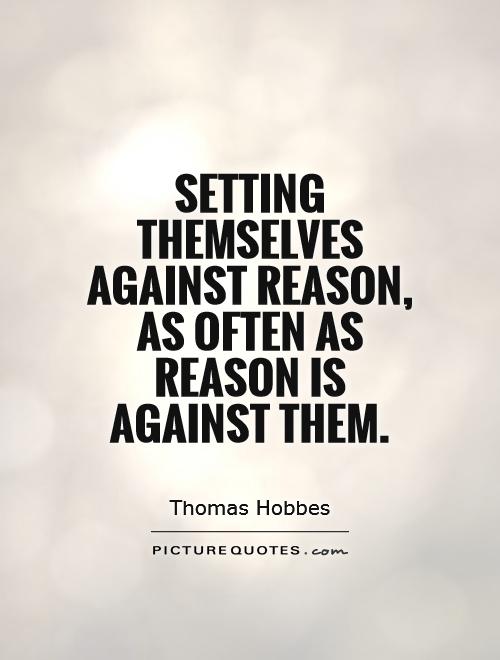
Setting themselves against reason, as often as reason is against them
Thomas Hobbes, a prominent English philosopher of the 17th century, is often associated with the idea of setting oneself against reason. In his seminal work, Leviathan, Hobbes argues that human beings are driven by their passions and desires, rather than by reason. He famously stated that "the passions that incline men to peace are fear of death, desire of such things as are necessary to commodious living, and a hope by their industry to obtain them." This view of human nature as inherently selfish and driven by self-interest is a central theme in Hobbes' philosophy.Hobbes believed that in the state of nature, without a strong central authority to keep them in check, individuals would be in a constant state of war with one another. He argued that the only way to prevent this chaos was to establish a social contract, in which individuals would give up some of their freedoms in exchange for protection and security. This social contract would create a sovereign authority, or Leviathan, to enforce the rules and maintain order.
However, Hobbes also recognized that reason could be a powerful tool for individuals to use in their own self-interest. He wrote that "reason is not only a good, but the first and chief good, and the mother of all virtues." In this sense, reason could be used to justify and support the social contract, as individuals could see the benefits of living in a society governed by laws and order.
Despite this, Hobbes also acknowledged that reason could be used to challenge and undermine the social contract. He wrote that "men are naturally in a state of war, and that the life of man is solitary, poor, nasty, brutish, and short." This pessimistic view of human nature suggests that individuals may be inclined to act against reason, in favor of their own selfish desires and passions.
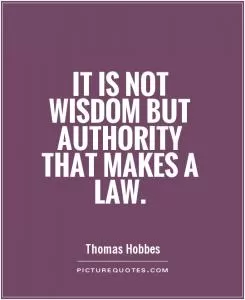
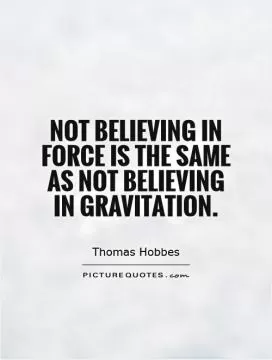
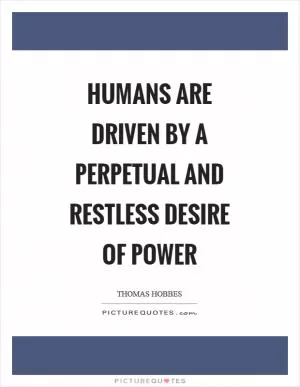

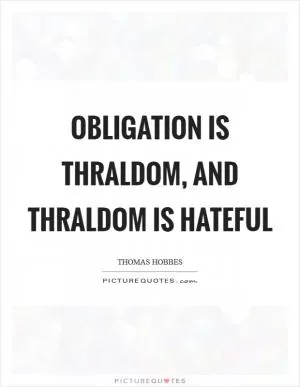
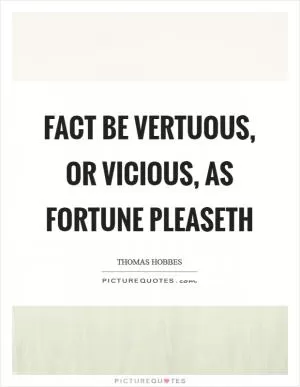
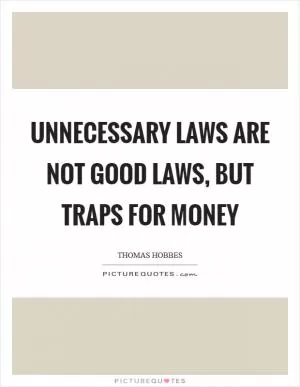

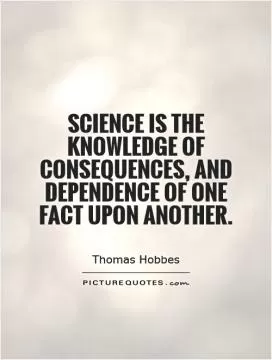



 Friendship Quotes
Friendship Quotes Love Quotes
Love Quotes Life Quotes
Life Quotes Funny Quotes
Funny Quotes Motivational Quotes
Motivational Quotes Inspirational Quotes
Inspirational Quotes